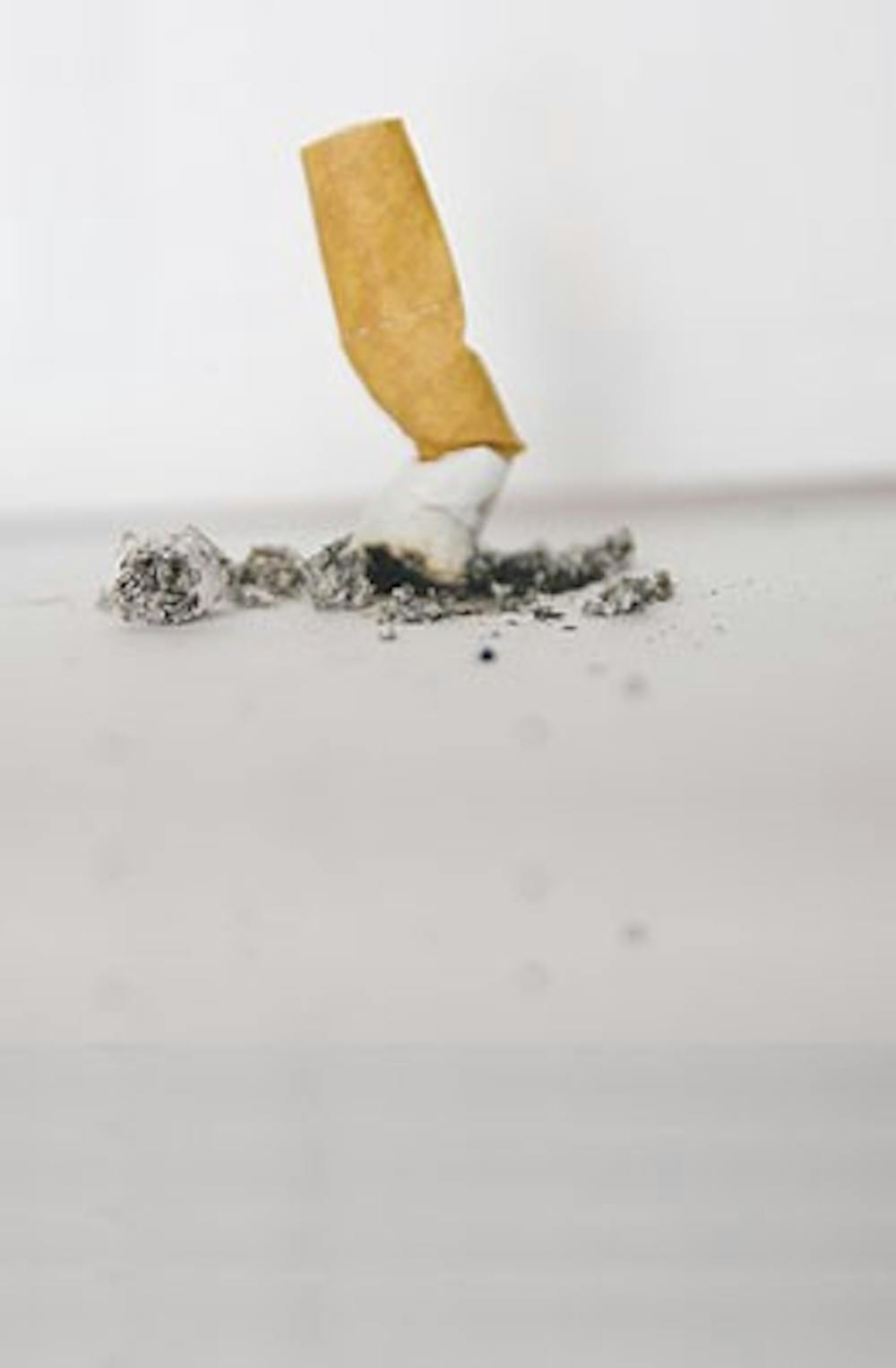For the first time, early cancer detection will be routine thanks to BioCurex, Inc., a biotechnology company in Canada that has developed the technology to identify a cancer marker present in malignant cancer cells and absent in most normal cells. The technology could be available some time this year.\n“Everyone knows if you catch cancer early, you have a better chance of stopping it,” said Terry Johnston, spokesman for BioCurex.\nThe cancer marker RECAF is able to differentiate cancer cells from nornal cells, Johnston said. Discovered by researcher and director of BioCurex Ricardo Moro, RECAF is found only in cancerous cells and not in healthy ones.\nJohnston said that RECAF, which is present on all malignant cells, is more than 90 percent effective at indicating the presence of cancer. RECAF has a high sensitivity and specificity to breast and lung cancer, which are two forms of cancer for which there are no available tests. \nThis new technology looks very promising, said Janice Ross, manager of the Olcott Center for Cancer Education at Bloomington Hospital. \n“One of the most promising aspects of this test kit is early detection,” Ross said. “Some people may have no signs of cancer, but with this test, people would be able to see if they do.”\nPeople who smoke have a high risk for developing lung cancer and, with this technology, people could be tested once a year, perhaps more, allowing lung cancer to be caught in an early stage.\n“It would be great to have a test that is simple and easy to see if people have cancer,” said Laura Ohl, registered nurse and oncology unit coordinator for Bedford Regional Medical Center.\nJohnston said BioCurex signed with Abbott Diagnostics, the third largest company in cell and diagnostic tools in the world. In addition, BioCurex is working in conjunction with Inverness Medical Innovations, Inc., which is a global leader in rapid point-of-care diagnostics. \nJohnston said when people currently go to get tested for cancer, doctors snip a piece of the skin cell. However, this type of testing can sometimes lead to false positives because of infection in the body, Ross said.\nOhl said there was no routine test a person could get for all cancers. \nRoss added that testing for cancer is specific to the type of cancer. For instance, to check for breast cancer, women get a mammogram; for colon cancer, doctors take several types of x-ray and true-positive (TP) scans. \n“With this new test, (BioCurex is) hoping to have the one test to diagnose all types of cancer,” Ross said.\nJohnston added cancer screening is not a common event. He said that at age 47, he has never had a cancer screening nor has his doctor ever mentioned it. \nOhl added that doctors do not test for cancer unless the patient is experiencing symptoms.\n“Some people only get screened if they develop certain symptoms, but by that time the cancer (could be) throughout the body,” Johnston said.\nJohnston said BioCurex’s goal is to distribute a cancer detection kit that will be as common as a simple blood test each time a person goes to the doctor. With the cancer detection kit, doctors will be able to determine if the marker is in the blood, which can then put them on the path of finding where the cancer is.\nRoss said that once doctors are aware the cancer marker is present, they can turn to other types of tests such as magnetic resonance imaging (MRI) and x-rays to determine the exact location of the cancer. \n“This will make early detection of cancer routine; right now it is not,” Johnston said. “If that could happen, millions of lives would be saved.”\nJohnston said the company wants to see tens of millions of these kits available in the market. He also added that BioCurex is working on an even faster test called the Rapid Test, where a quick prick of blood would show a person instantly if there is cancer present. This test will be similar to ACCU-CHEK, which diabetics use to test their blood-sugar levels by pricking their finger. He said the Rapid Test is still a few years away from being approved.\nJohnston said the cancer-detection kits are pre-market right now. He said that Abbott Diagnostics, which will be commercializing the product, will do the clinical trials and then the product will be up for Food and Drug Administration approval.
Snuffing out cancer

Get stories like this in your inbox
Subscribe





